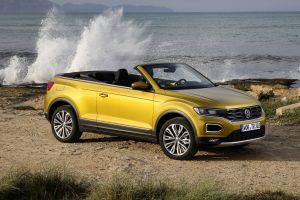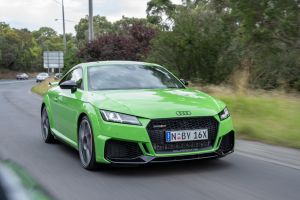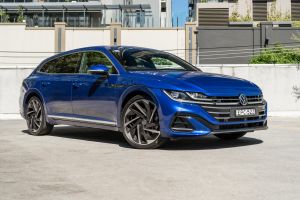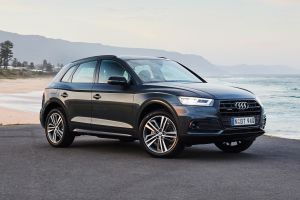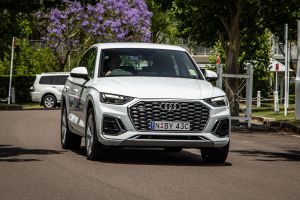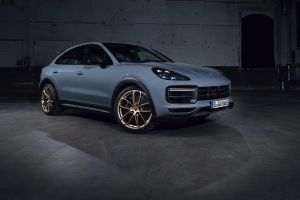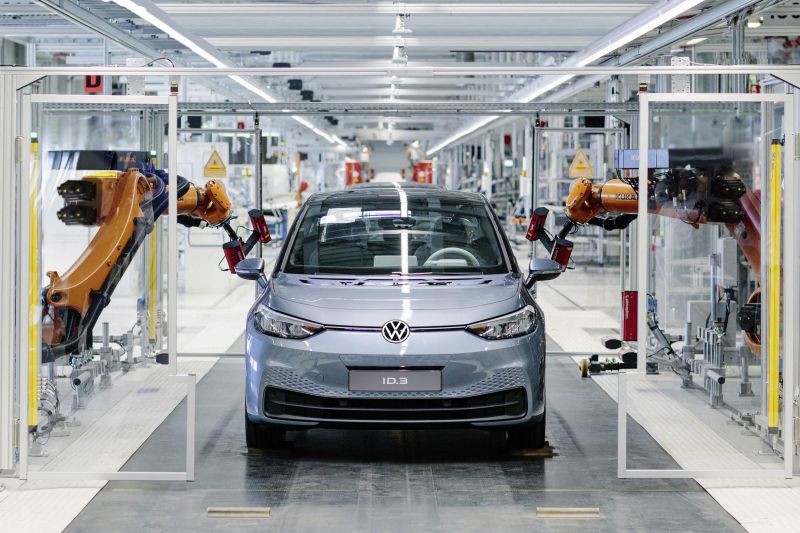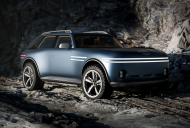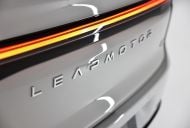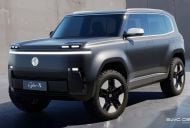More profitable vehicles, and fewer models with internal combustion engines: that’s the plan for the Volkswagen Group over the next decade.
In an interview with the Financial Times, Arno Antlitz, the Volkswagen Group’s chief financial officer (CFO), said the automaker plans to reduce its European range of cars with petrol and diesel engines by 60 per cent by 2030.
Across its many brands, the automaker currently offers in Europe around 70 models and body style variants with internal combustion engines (ICE).
Over the last few years it has invested billions upon billions of euros in new models riding on EV-only architectures.
The European Commission plans on banning the sale of new cars with petrol, diesel, hybrid and plug-in hybrid drivetrains by 2035. To speed up the transition European governments are also offering tax and other incentives to EV buyers.
The CFO also said, “We are [more focused] on quality and on margins, rather than on volume and market share”.
This marks a turnaround from the era under former CEO Martin Winterkorn between 2007 and 2015 when the automaker actively chased volume in pursuit of being the world’s largest automaker.
Winterkorn resigned after news of the Dieselgate scandal broke in late 2015.
Apparently, the current plan to put profits over volume is the result of the global semiconductor shortage, which has caused automakers of all stripes to temporarily close factories and scale back production.
Mercedes-Benz, for instance, saw sales fall by over five per cent in 2021 but, because it prioritised more expensive and profitable models, the company booked a record profit before interest tax of €14 billion ($20 billion).
That’s more than double the €6.8 billion ($10 billion) it made in 2020 and €6.2 billion ($9 billion) it banked in 2019.
Similarly the Volkswagen Group kept Audi sales steady and grew Porsche by over 10 per cent. According to the business newspaper the German firm managed to make around €20 billion ($29 billion) in pre-tax profits despite sales falling 5.5 per cent to 8.6 million.
It should be noted, Volkswagen isn’t the first mass-market automotive group to shift its attention to per-unit profit rather than overall sales volume. Groupe PSA — now part of Stellantis — turned itself around by doing this under the leadership of CEO Carlos Tavares, and Luca de Meo is hoping to do the same at the Renault Group.
Antlitz noted the automaker won’t be adding extra production capacity as Volkswagen shifts its focus to electric vehicles in Europe and other developed markets.
As with the Zwickau and Emden factories in Germany, Volkswagen will convert existing facilities from making ICE cars to EVs.





